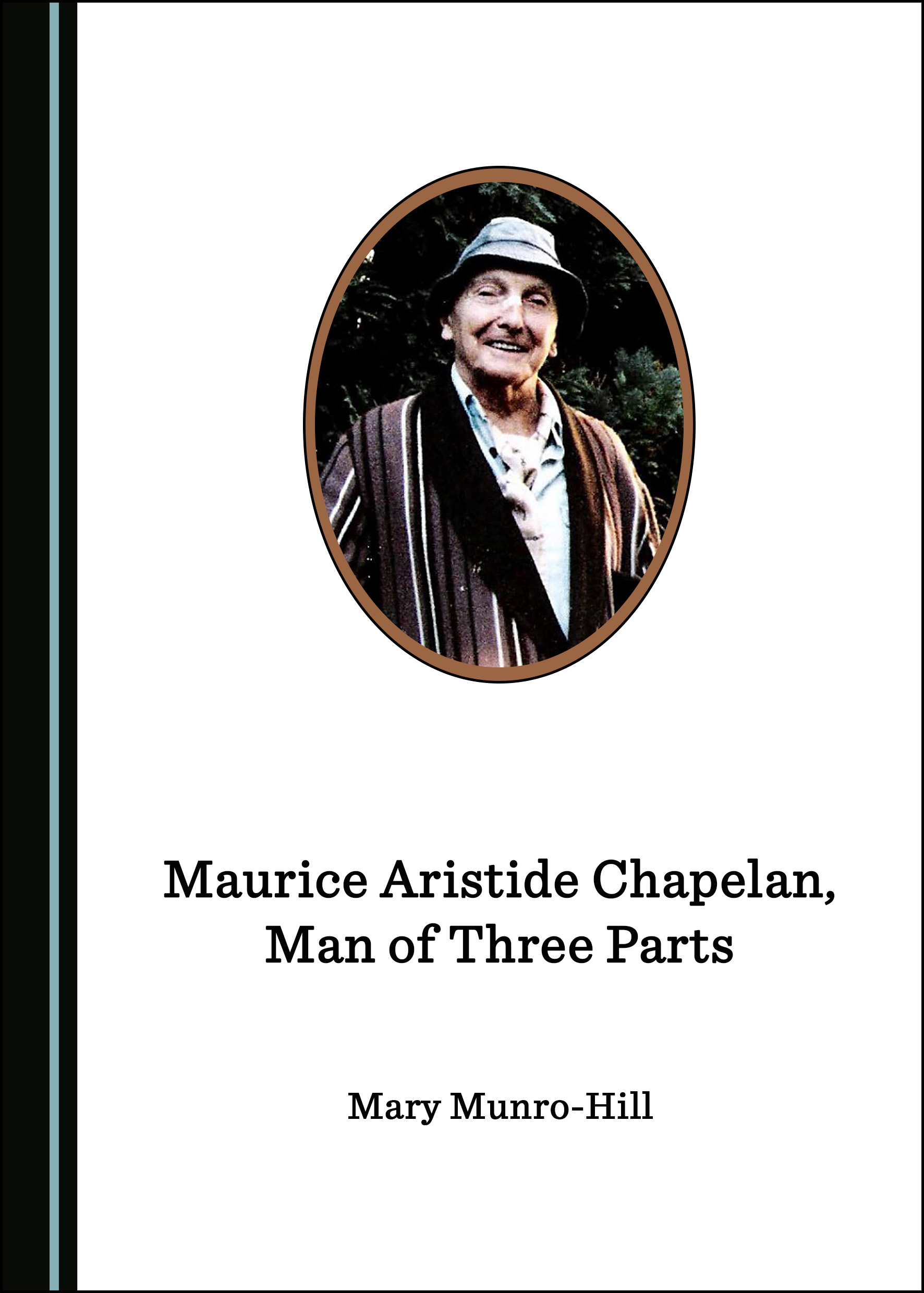Maurice Aristide Chapelan, Man of Three Parts
This work presents Maurice Chapelan in three distinct ways: firstly, as a poet, biographer, literary critic and writer of aphorisms; secondly, as a famous newspaper grammarian; and, thirdly, as the author of romans galants, inspired by his youthful study of his paternal grandfather’s rich library of eighteenth-century literature.
Although Chapelan died in 1992, many of his books are still in print and he is remembered with affection, admiration and gratitude, especially by those who used to relish his witty Divertissements grammaticaux (formerly Usage et grammaire) every week in Le Figaro littéraire, where he had become resident chroniqueur du langage in 1961.
Maurice Aristide Chapelan may well have been three distinct writers, signing himself in fun as MAC, le Diable—comme Dieu en trois personnes, but these three persons had a well-defined unifying thread running through their literary output: a beauty, a simplicity and an elegance of style, revealing a love of the French language and more than a hint of libertinage.
Mary Munro-Hill holds BA degrees in French and Latin, as well as an MA and a PhD in French. She also holds a BD and an MTh in Theology. Her career has been spent principally in teaching languages and theology in universities, colleges and schools. In retirement she has served as a Chaplain at the University of Hull, where she was a Visiting Tutor in French Language from 1995 to 2017. She is now an Honorary Fellow in the School of Histories, Languages and Cultures at this same institution. Dr Munro-Hill is a long-serving lay minister in the Church of England (Reader) and holds the Archbishops’ Award in Church Music of the Guild of Church Musicians.
"Le titre en est pris d'après Maurice Chapelan lui-même, qui, en singeant les Évangiles, se disait, comme le diable,
- Bernard Fournier
"Sur son petit nuage, Maurice doit être heureux. Personne n'a su dire comme Mary Munro-Hill les qualités du grammairien et étudier cette part peu connue de ses écrits : romans et poèmes érotiques ! On retrouve dans le texte chaleureux de Mary Munro-Hill le côté
- Jeanne Cressanges, Novelist
"Maurice must be happy, sitting up there on his little cloud. No one has appreciated better than Mary Munro-Hill his qualities as a grammarian nor has anyone else examined that little-known part of his writing, his erotic poems and novels. In Mary Munro-Hill’s affectionate study we encounter the "naughty" side of the writer who, under the pseudonym Aymé Dubois-Jolly, ruffled a few feathers among his more moralising readers while delighting lovers of forbidden literature. We also find not only a subtle treatment of his beautiful sensual poetry but also examples of cheeky letters Maurice wrote to Mary. A real treat!"
- Jeanne Cressanges, Novelist
Buy This Book























